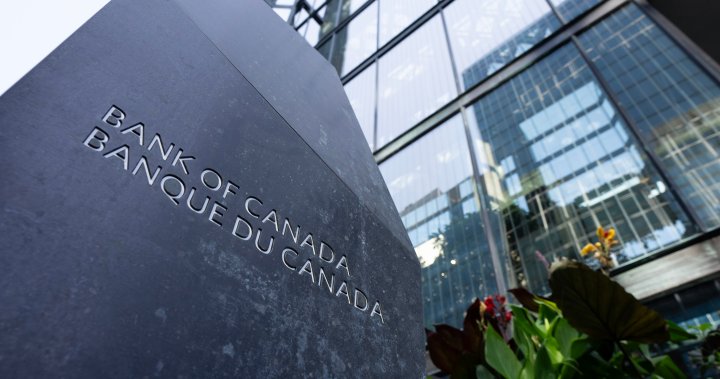Bellemare’s bill is the latest case of politicians weighing in on the institution’s interest rate and policy decisions this month.
Bill S-275 seeks to amend the Bank of Canada Act and address what the bill calls “the impression among some Canadians that there is a democratic deficit in monetary policy management.”
When money should be printed should absolutely not be a democratic decision. It absolutely should be the decision of highly educated professional and impartial economists. Otherwise you get “vote for me and I’ll lower interest rates!” Which is what Zimbabwe did right before hyperinflation created the need to print 1 billion dollar notes.
Also this part:
restrictions on who can be on the board including they cannot be a sitting senator, MP or member of a provincial or territorial legislature or employed in the public service or federal public administration.
Anyone not “recognized in their field” for open-economy macroeconomics, the financial system, the labour market, supply chains and risk management would not be eligible, the bill says.
So basically just successful C-level executives, or does it includes university professors?
If you lower interest rates you get an overheated economy which causes more inflation. Don’t bugger with an institution that works because a politician thinks they know something about market mechanisms when they don’t. Why would you mess with market mechanisms when you could potentially devalue the wealth that you already have by introducing inflation? The only explanation would be that Bellmare will personally benefit from such a manoeuver.
If you lower interest rates you get an overheated economy which causes more inflation.
While that is generally true, in this case inflation is being driven by increased spending on interest. It is specifically higher interest rates that is causing the inflation we see. We have been within the target range for quite some time when excluding interest costs from the CPI basket of goods.
As you know, debt becomes more appealing in a high inflationary environment. If $1 today is worth 50¢ tomorrow (inflation), your debt outstanding was just cut in half! That is one hell of a steal. This is why interest rates rise with inflation in order to maintain equilibrium.
With interest being the driver of inflation this time, it has created an interesting feedback loop where every time the interest rates rise, people spend more on interest payments, which sees inflation rise, which makes debt more appealing, which sees interest rates rise, which sees people spend more on interest, which sees inflation rise, so on and so on.
You can cure this with high interest rates, but they have to be really high. Bring back 1980s-style 20% interest rates and those people paying more and more interest will break before anyone realizes that inflation is still running rampant. Once they have defaulted, and thus no longer paying interest, that will bring inflation in line pretty quickly.
I don’t think we have the will to do that, though. Which means we do need some other mechanism to break the cycle.
Don’t attribute to greed that which is adequately explained by stupidity.
However it can always be a bit of both.



